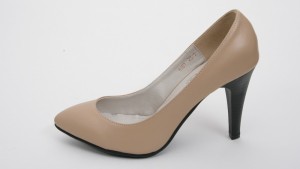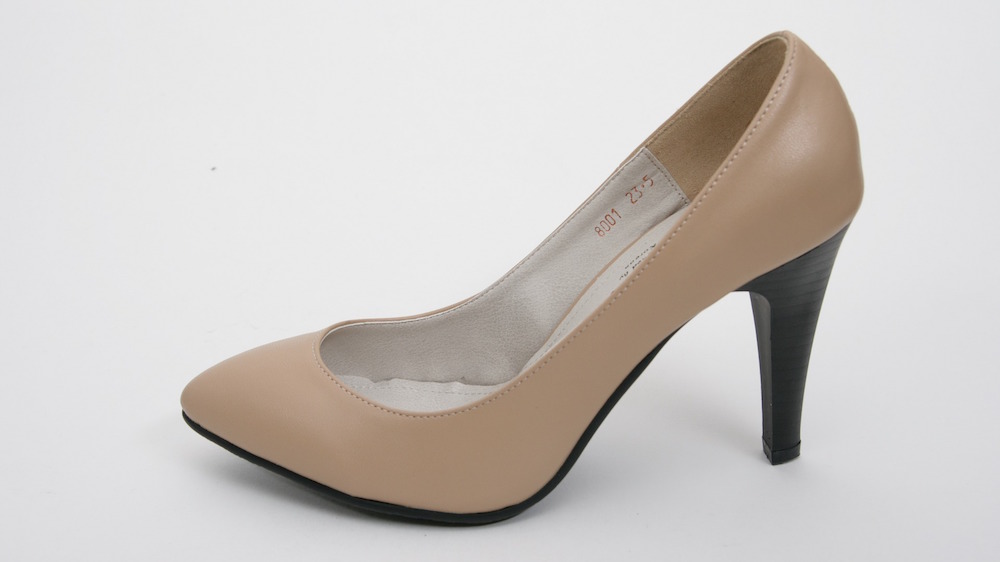In light of Nicola Thorp being sent home after refusing to wear high heels, research by OfficeGenie.co.uk reveals British employees demand stronger legislation to prevent such appearance discrimination.
The office space search engine surveyed 1,439 workers and found 75% want strong legislation put in place to prevent appearance discrimination based on the way they dress.
Women were more favourable toward such legislation than men; some 79% advocated strong anti-discriminatory measures, compared to 66% of men.
The law currently states employees can be dismissed if they fail to live up to a “reasonable” dress code, providing they are given time to purchase the right clothes.
The research also found millions of Brits could have been told to change the way they look by bosses; 8% of those surveyed said they had experienced such an incident. This translates to 2.5 million people across the working population as a whole.
Less than half (38%) of respondents would be willing to change their appearance if asked, however over 60% said they would be happy to do so if it meant landing a dream job.
Peter Ames, Head of Strategy at OfficeGenie.co.uk says: “British workers clearly feel they are not being protected against the sort of appalling appearance discrimination Nicola Thorp has recently had to endure. The way someone looks and the way they dress is generally as much a part of someone’s identity as their race, personality, gender and so on – and the current legislation is simply not tough enough.
“It would appear Ms Thorp is not alone; we’ve calculated millions of Brits could have been on the end of similar circumstances, which strong legislation should be preventing.
“The fact millions would be willing to change their appearance for a ‘dream job’ shows how mind-sets need to change universally regarding appearance in the workplace.”
Regarding the legal issue surrounding Ms Thorp’s case, Sue Kelly, Employment Partner at Winckworth Sherwood says: “Employers are entitled to impose dress code policies, provided they do not infringe sex discrimination legislation. So, for example, requiring male employees to wear a shirt and tie is not discriminatory, provided the dress code takes an even-handed approach and requires women to wear conventionally smart office wear too.
“Conventional businesses want their receptionists to be smart, whether male or female, and are entitled to impose certain standards of dress as a term of employment. There would be nothing unlawful about imposing even an unusually high standard of attire, should the employer so wish. However, if the policy is out of step with that of other employers, they are unlikely to attract and retain the best talent.”
On the question of whether it is discriminatory to require women to wear high heels but not men, Sue says that it could be argued that it is the equivalent of a man being required to wear a shirt and tie.
“Standards of dress move with the times and, just as it is now acceptably smart in many situations for men to wear tailored shirts and trousers without a tie, or with a jacket and no tie, so it can be equally smart for a women to wear flat shoes.
“I would say it is not about the height of the heels (which imposes all sorts of physical constraints) but the style and smartness of the shoe. We have moved on in most, if not all, workplaces, from the idea that women must wear a skirt, rather than trousers. The groundswell of support for Nicola Thorp seems to demonstrate that we have also moved on from a ‘heels for women’ policy being needed in order for women to be considered smartly dressed at work.”















